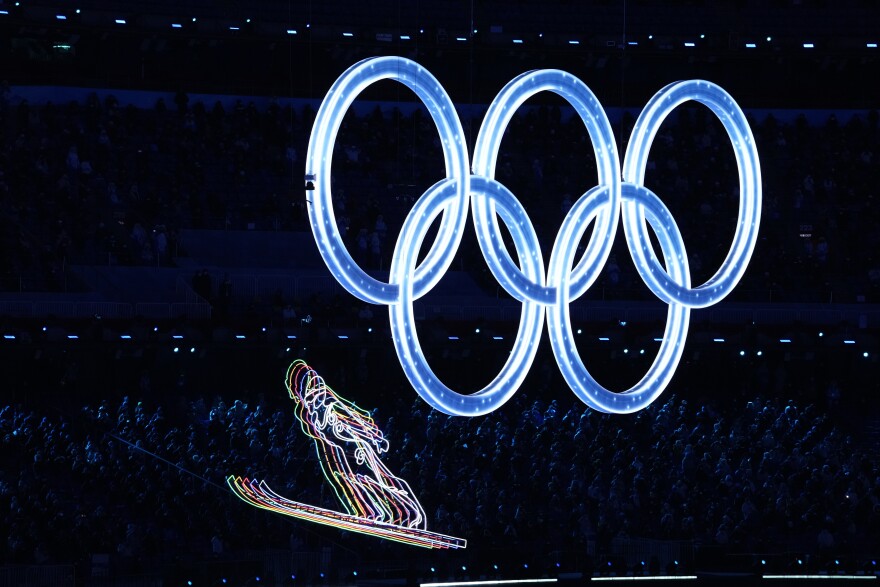Olympic Games are big business -- not just for sponsors but for host cities and states, too. The University of Utah’s Kem C. Gardner Policy Institute released a study Tuesday examining the potential economic impact a future Olympics could have on Utah.
Speaking at the institute's Newsmaker Breakfast, Director Natalie Gochnour said the impact would be measured in billions of dollars.
“We estimate the 2030 Olympic Winter Games will have a $3.9 billion economic output contribution to our state.," she said. "This is the equivalent of a sales number, it captures the gross amount of economic activity.”
Gochnour added that the institute estimates that 30,000 job-years of employment would also be generated from a Utah Olympics in 2030.
The study adds that while these numbers are significant, they are lower than what happened during the 2002 Olympics in Salt Lake City, which generated $6.5 billion. According to the study, that’s because many venues are already in place, so much less construction would be necessary to prepare for an Olympics now than what was needed two decades ago.
Utah has for years been pursuing a bid to host the Winter Olympics in either 2030 or 2034, and was officially backed by the U.S. Olympic and Paralympic Committee as a future host in 2021.
Olympic bid officials have said their sights are set on a 2030 return to Utah, but that decision is ultimately up to the International Olympic Committee.
President and CEO of the Salt Lake City-Utah Committee for the Games Fraser Bullock said although Tuesday’s report is promising, it’s a much different economic landscape in Utah now than it was before the 2002 games.
Bullock said he thinks Utah probably won’t see the same explosion in growth it did post 2002. He said much of the job growth stemming from a future Olympics will likely be temporary as Utah is already known around the world and its economy continues to grow in sectors like tech, which is not directly related to the Olympics.
“When I look at the economics, I look at it as a temporary boost where when you look at the job years, it’s really, probably, 7,000 or 8,000 people that are going to be maybe new job growth, but those are somewhat temporary," said Bullock. "When we look at our employment base of millions of people, or hundreds of thousands of people, the long-term impact of this is fairly limited in that number of maybe 6,000-8,000 full-time jobs for more than one year.”
Salt Lake City is competing with three other former Olympic host cities for the 2030 Games. Vancouver, Canada hosted the Games in 2010, Sapporo, Japan in 1970, and Barcelona, Spain played host to the summer Games in 1992.
Bullock said the Utah bid committee is in continuing discussions with the IOC and could know whether it’s a serious candidate for the 2030 Olympics early next year. The 2030 host city could be announced at the IOC’s general session in mid 2023.


